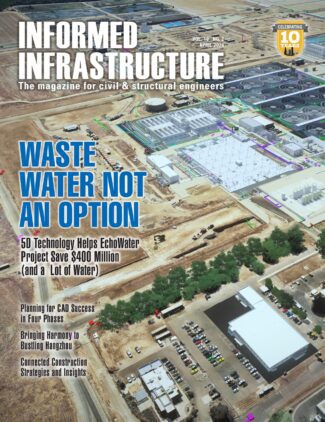September 24, 2015 ”The Ministry for Home Affairs and Decentralisation of the Republic of the Congo has called on IGN France International to accompany them in their meetings with the border commissions of neighbouring countries.
The project officially started on 2 September 2015 with the launch meeting held in Brazzaville and is expected to last for one year.
An exact knowledge of their land is an essential element for any country in all planning and security policies, whether for the internal security of its inhabitants, economic security to conserve natural resources or border security. This knowledge enables a country to avoid confrontation caused by territorial claims and conflicts arising from the occupation of land, to be in control of human and asset flows, to fight against clandestine immigration and illicit traffic, such as, in particular, animal poaching.
Despite its essential nature, the question of “borders” is still a source of problems for the governmentsinvolved. These problems can take various forms:
* Reference texts are difficult to identify, especially when it comes to dating research back to the colonial period
* Even when found, these old texts are often difficult to read in relation to the current geography of the country
* Geodesic and cartographic reference points that are different from one country to another and the lack of “boundary markers” further complicate the interpretation of the texts
* Positioning methods that have evolved
* Recent cartographic elements that can back up points of view are sometimes lacking.
It is within this context that IGN France International, the IGN France subsidiary for exporting geographical and forest information from the French institute, will contribute its technical expertise to the National Border Commission of the Congo. Geographical information effectively provides the members of the National Border Commissions and the Ministries entrusted with following up on and determining the outlines of borders with detailed and reliable information, compatible with topographic GPS studies, essential for negotiations.
We should not forget that IGN had local offices in Africa (Cameroon, Congo, Mali, Niger, Senegal etc.) when these countries became independent, and still holds a significant number of original documents and aerial slides from the old French possessions in Africa in the National Photograph Library. The documents are gradually being returned to these countries in a dematerialized format. They are extremely useful for comparing the situation on the ground at the time when current maps were drawn up to the situation encountered at the time of research.
This project envisages accompanying the Congolese authorities step by step in their border commissions from neighbouring countries and is expected to come to an endIt includes the following activities:
* The publication of recent cartographic documents for areas where the BordRepublic of the Congo is called to work,
* Support for the delimitation of the maritime zone of the Congo
* Legal and technical training programmes.
Defining a country's borders enables it to avoid “blurred” areas where national sofully applied and contributes to providing state representatives with the meanregulations aimed at protecting both the country's citizens and its resources.

